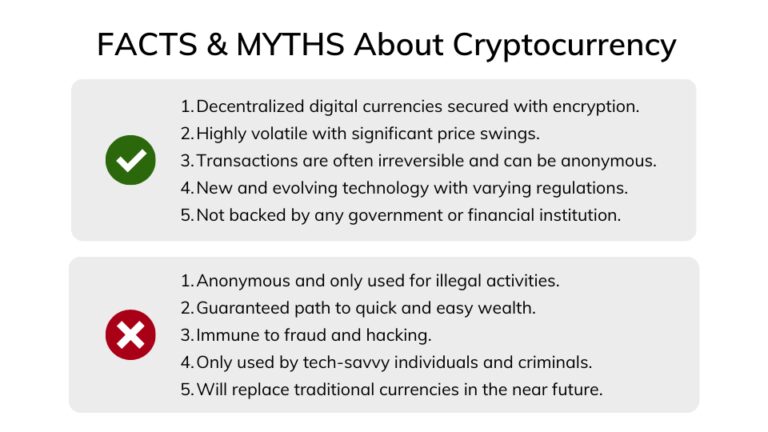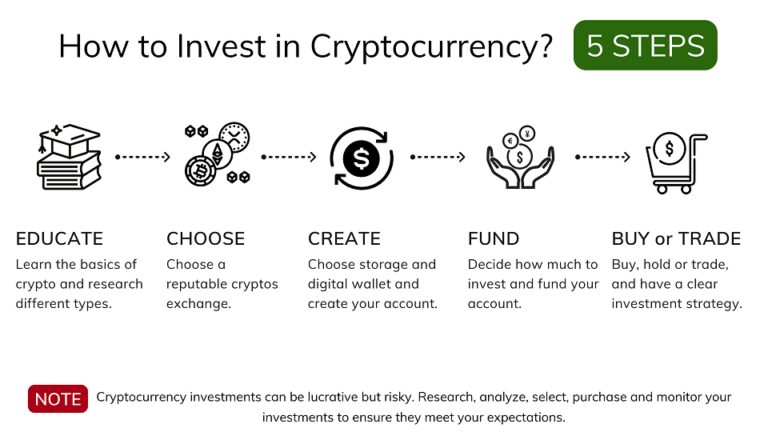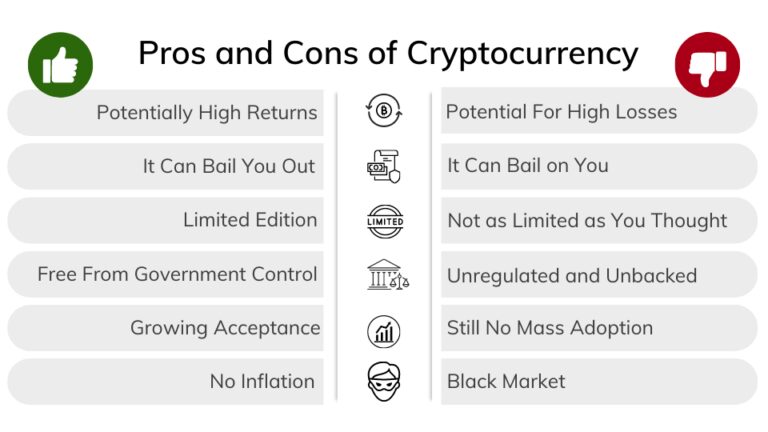Dive into the fascinating world of blockchain technology and NFTs and discover how they are radically transforming African sports. This 2023 update will unveil the potential outcomes on athletes, fans, and the entire sports industry. Get ready to explore a revolution unlike any other!

Over the years, technology has played a very significant role in reshaping various sectors across the globe. The sports sector, especially in African countries, is not an exception. In this section, we will explore how blockchain technology and Non-Fungible Tokens (NFTs) have the potential to revolutionize African sports.
Blockchain technology is a decentralized digital ledger where transactions are recorded publicly and chronologically. It is best known as the technology behind cryptocurrencies like Bitcoin and Ethereum but has potential far beyond that. Its transparency, security, and decentralization make it an excellent tool for various applications, including supply chain management, healthcare, finance, and of course, sports management.
NFTs are digital assets built on blockchain technology. They represent ownership or proof of authenticity of a unique item or piece of content, ranging from digital art and music to virtual real estate and beyond. Unlike cryptocurrencies, NFTs cannot be exchanged on a like-for-like basis. Each NFT has a distinct value and specific information that makes it unique. In sports, NFTs can be used to tokenize player contracts, game tickets, merchandise, and even memorable moments, offering new ways to engage fans and generate revenue.
For the African sports industry, blockchain and NFTs represent a new frontier. They open up a wealth of opportunities – from improving transparency in player transfers to creating a new market for sports memorabilia in the form of NFTs. Furthermore, blockchain enables efficient and secure betting practices, encouraging fair play and integrity in the industry.
For example, fans could prove their loyalty and engagement by owning an NFT of a memorable goal scored by their favorite player or a ticket of an important match. On the other hand, athletes and sports organizations could monetize these digital assets, creating a new revenue stream. The potential applications are vast and exciting, and they’re being explored on various Top NFT Marketplaces.
As we delve deeper into the world of blockchain and NFTs, it is evident that these technologies have the potential to reshape the African sports sector. However, this potential can only be realized if the stakeholders in the industry understand and embrace them. This will be the focus of our next sections.
The African sports industry, despite its rich talent pool and immense potential, is often beleaguered by issues related to poor funding, suboptimal infrastructure, management inefficiencies, and inadequate development programs. However, the emerging technology of Blockchain and the growing popularity of Non-Fungible Tokens (NFTs) present a unique opportunity to transform the landscape of African sports.
African sports are a melting pot of diverse games, with football (soccer) dominating the scene, followed closely by cricket, basketball, and athletics. However, lack of adequate infrastructure and minimal investment in talent development often stunt the growth of these sports at the grassroots level. Consequently, despite the abundance of raw talent, the continent struggles to make a significant mark on the global stage.
This pattern isn’t for lack of passion or potential, but mainly due to systemic issues. Funding is critical for nurturing talent, maintaining existing facilities, and building new ones. However, the absence of a stable, efficient, and transparent mechanism for funding has proven to be a significant obstacle.
Blockchain technology presents a viable solution to the funding conundrum in African sports. Acting as a decentralized and transparent ledger system, Blockchain can streamline payments, reduce corruption, and ensure the equitable distribution of resources. The technology can also foster transparency, making it easier for donors and sponsors to contribute, knowing that their money will be used directly and effectively to nurture talent and develop sports infrastructure.
Similarly, Blockchain can also be used to manage athlete contracts, personal data, and performance analytics, thus improving the overall management efficiency. It could also pave the way for decentralized fan engagement through smart contracts, enhancing the overall experience for sports enthusiasts.
Imagine owning a virtual token that gives you exclusive access to behind-the-scenes content of your favorite African football team or a signed digital artwork by a top African athlete. This is where Non-Fungible Tokens (NFTs) come in. NFTs are unique digital assets that can be bought, sold, or traded, and their potential application in sports is intriguing.
From monetizing athlete endorsements to creating valuable digital memorabilia, NFTs could greatly augment the revenue streams in African sports. They could also democratize the fan experience by providing exclusive fan engagement opportunities. This could revolutionize the sports industry and attract global attention, further enhancing the potential for investment and growth.
Overcoming the regulatory challenges of NFTs in sports could play a significant role in unlocking their true potential. For deeper insights into regulatory navigation, check out our guide on Navigating NFT Regulations in Sports.

Blockchain and Non-Fungible Tokens (NFTs) have the potential to revolutionize the funding and development of sports in Africa. Blockchain technology, a decentralized digital transactions ledger, can provide transparency and security in financing while eliminating the need for middlemen. This can ensure that funds go directly to sports clubs, leagues, or athletes, reducing instances of misappropriation or corruption.
NFTs, tokens that represent ownership or rights to unique items or content on the blockchain, can provide new revenue streams for sports organizations. For example, clubs can create and sell NFTs of memorable moments, rare collectibles, or virtual merchandise, providing fans with unique ownership experiences. The income generated from these sales could then be reinvested into sports development such as improvement of facilities, talent development, and grassroots initiatives.
Several sports industries globally have already embraced blockchain and NFTs, offering vital lessons for Africa. The NBA’s Top Shot, a digital platform for buying, selling and trading officially licensed NBA collectible highlights, is a notable example. By tokenizing iconic basketball moments, the NBA has tapped into a new market, providing fans with a unique way to engage with the sport.
In football, the Spanish league La Liga has partnered with the digital art trading platform Sorare to launch its own NFTs. These tokens provide fan ownership over digital player cards which are tradable on the Sorare platform. For more examples of how NFTs are revolutionizing sports, check out this NFTs Revolutionizing the Sports Industry piece.
Applying blockchain and NFTs in African sports could pave the way for a vibrant and sustainable sports ecosystem. Blockchain can provide a secure and transparent platform for contracts, ticket sales, merchandise sales, and even voting processes. It can also foster cross-border payments and donations, facilitating investment in sports from fans and investors globally.
NFTs in African sports could take multiple forms. Teams can issue NFTs as digital collectibles, virtual merchandise or even fan tokens that offer rights like voting on club decisions. Individual athletes could also mint NFTs of their performances, memorabilia or personal experiences to connect with fans and generate income.
Moreover, NFTs could be used to unlock new fan experiences. For instance, they could grant access to exclusive content, behind-the-scenes footage, or special events. This would deepen fan engagement and create value beyond the physical realm of sports, permanently transforming the way supporters interact with their favorite athletes and teams.

The impact of Blockchain technology and Non-Fungible Tokens (NFTs) on the sports industry in Africa is best understood through real-life use cases. This section explores how MyStake and 22bet, two notable entities deeply integrated into the African sports ecosystem, are harnessing the power of blockchain to reshape the industry.
MyStake is a revolutionary blockchain-based platform that provides fan engagement solutions for the sports industry. Its core offering of tokenized athlete contracts has created new investment opportunities. Fans can buy portions of an athlete’s contract, effectively becoming co-owners and sharing in their success. The transparent, secure, and decentralized nature of blockchain ensures that all transactions occur without intermediaries, making it a truly fan-centric platform.
22bet, a leading online betting platform in Africa, has integrated blockchain into its operations to enhance its sports betting services. The platform uses blockchain to process sports betting transactions, providing transparency and security. The use of blockchain technology also minimizes the risk of fraud and ensures faster transactions.
The adoption of blockchain technology by MyStake and 22bet has had significant ripple effects on their operations and the wider African sports industry. For MyStake, blockchain’s transparency and secure nature have made it a trusted platform for sports investment. It has also enabled a more closely-knit relationship between fans and athletes, which is redefining fan engagement in the African Sports industry.
On the other hand, 22bet has seen enhanced customer trust due to the transparent and secure nature of blockchain-based transactions. Blockchain’s ability to facilitate speedy and borderless transactions has also enabled 22bet to expand its customer base across Africa.
The success of MyStake and 22bet serves as a viable proof of concept for other African sports stakeholders. It underscores the potential of blockchain technology and NFTs to resolve some of the longstanding issues in the African sports industry – like lack of transparency, low fan engagement, and limited access to sports investment opportunities. As more entities within the African sports ecosystem begin to explore blockchain’s potential, we can look forward to an industry that is more robust, inclusive, and fan-centric.

The advent of blockchain technology has brought a sea-change in various sectors worldwide, and the African sports industry is no exception. This trend is particularly evident in the growing popularity of Non-Fungible Tokens (NFTs) both globally and within Africa. NFTs, due to their unique properties and wide range of uses, are viewed as a game-changer for the African sports industry. However, this does not mean that the journey will be smooth and without bumps.
There are several key trends and developments predicted for the use of NFTs in African sports. Firstly, the increased adoption of NFTs could help local athletes and teams monetize their brands much more effectively. This is because NFTs enable the creation and sale of unique digital assets, such as player cards and memorabilia, which fans can collect and trade.
Secondly, it is projected that NFTs could also spur a fan engagement revolution, as they allow fans to interact with their favorite athletes and teams in unprecedented ways. Finally, industry experts predict that NFTs could significantly disrupt traditional sports financing models in Africa, potentially creating a more democratized and inclusive ecosystem. For more information on these trends, you can check the NFT Market Trends and Analysis.
Sportsbet.io, Rolletto, and Fortunejack are some of the major platforms championing the cause of NFTs in African sports. Sportsbet.io, for instance, has been a notable supporter of NFTs, having launched a number of successful NFT campaigns. This show of support has not only helped raise the profile of NFTs, but it has also demonstrated their utility and potential to a wide audience.
Meanwhile, Rolletto and Fortunejack have been crucial in showing the African sports market the practical benefits and uses of NFTs. Through their respective platforms, these companies have not only educated users about NFTs, but they have also provided them with platforms to create, buy, and sell these digital assets.
While the future certainly looks bright for NFTs in African sports, it is also worth noting that their success depends on a host of factors, including appropriate regulatory frameworks, consumer education, and robust technology infrastructure. With the right support, however, there is no doubt that NFTs could mark a new era in the African sports landscape.

